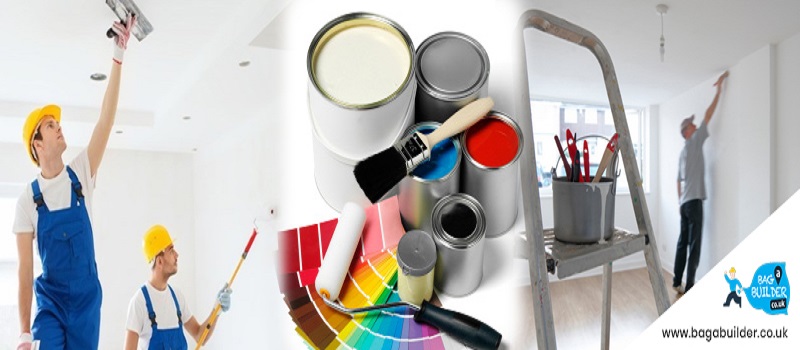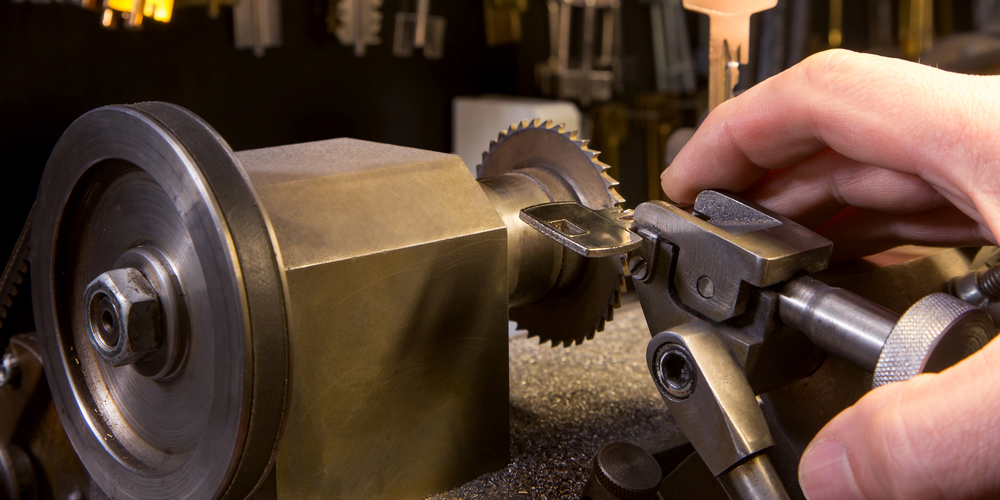Tips for Central Heating Troubleshooting for Heating Engineer
- By : Jack Smith
- Date :

Heat engineers are the specialist to work on all kinds of heat generating systems. One of them is the Central Heating System. The heat generation occurs in one place, generally by combustion of fossil fuel in a boiler. Afterwards, it is distributed in the entire building through pipes or ducts. This raises the temperature of the building and hence, these products find their uses in colder countries particularly in temperate and polar zones.
Like any other device, different kinds of problems occur in this device too. Here are certain conditions which might need help of a heating engineer to troubleshoot them:
1. Radiators and hot water taps are cold all over
- If this happens, first check whether all the thermostats are on and set them at the ideal temperature.
- Next, check the programmer and make sure both central heating and hot water are on.
- If these are alright, check the electricity connection and heating fuse.
- Even if the problem persists, check the pump for any mechanical failure or blockage.
- Check the diverter valve: turn it off and on again.
2. Only the bottom of the radiator is warm:
- If you face such a problem, first switch off the pump to stop the air from entering the system.
- Next, loosen the nuts of the radiator 45-90 degrees anticlockwise. Collect the dirty water in bucket after the air leaks out completely.
- Close the valve tightly and double check it later for leaks.
3. Only the top of the radiator is warm:
- In this case, your work will be a bit more tedious.
- Switch off the system.
- Then take the radiator off the wall and flush it thoroughly with water. The accumulated sludge clears out.
- If this does not work, check the pump and the pipe for breaks or blockages.
4. Boiler dysfunction:
- When the boiler is the issue, check whether it is making any noise (i.e., kettling) when the pilot light first ignites.
- Then turn off the boiler and vent out the excess air through the air bleed screw.
- Even if it keeps on malfunctioning, ensure the water supply of the feed-and-expansion tank. Flush the tank if required to clear the sludge.
5. Continuous overflow:
- To fix this problem, un-jam the ball-cock of the tank.
- If these do not work, check the immersion tank with the assistance of a plumber.
6. Loss of system pressure
- Look at the boiler’s pressure gauge to check the system pressure.
- Check the whole system thoroughly for any leakage of water.
There are ample issues which affect the smooth working of central heating system, mainly in colder countries. This makes heating engineer jobs London tougher despite flourishing their market. Recently, they have come up with ‘Home Emergency Cover’ which not only make heating engineer jobs easier but also offer a pocket-friendly scheme to the users.








